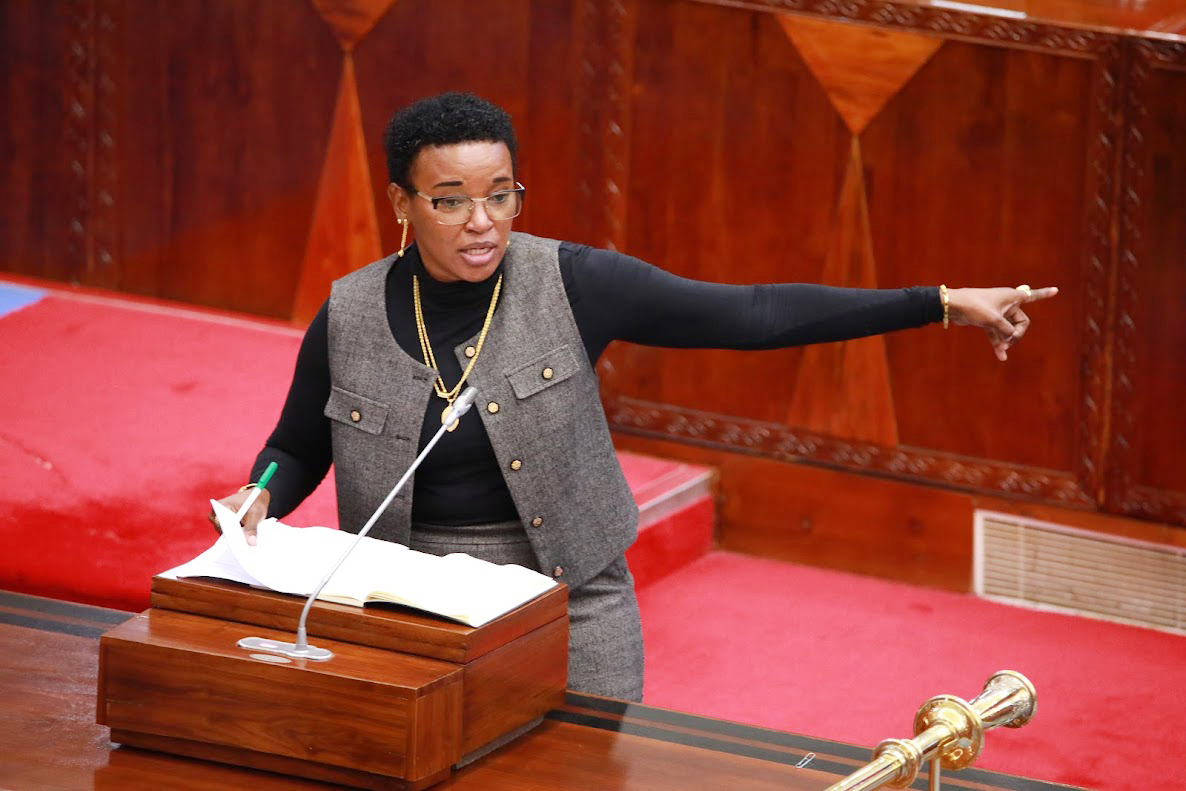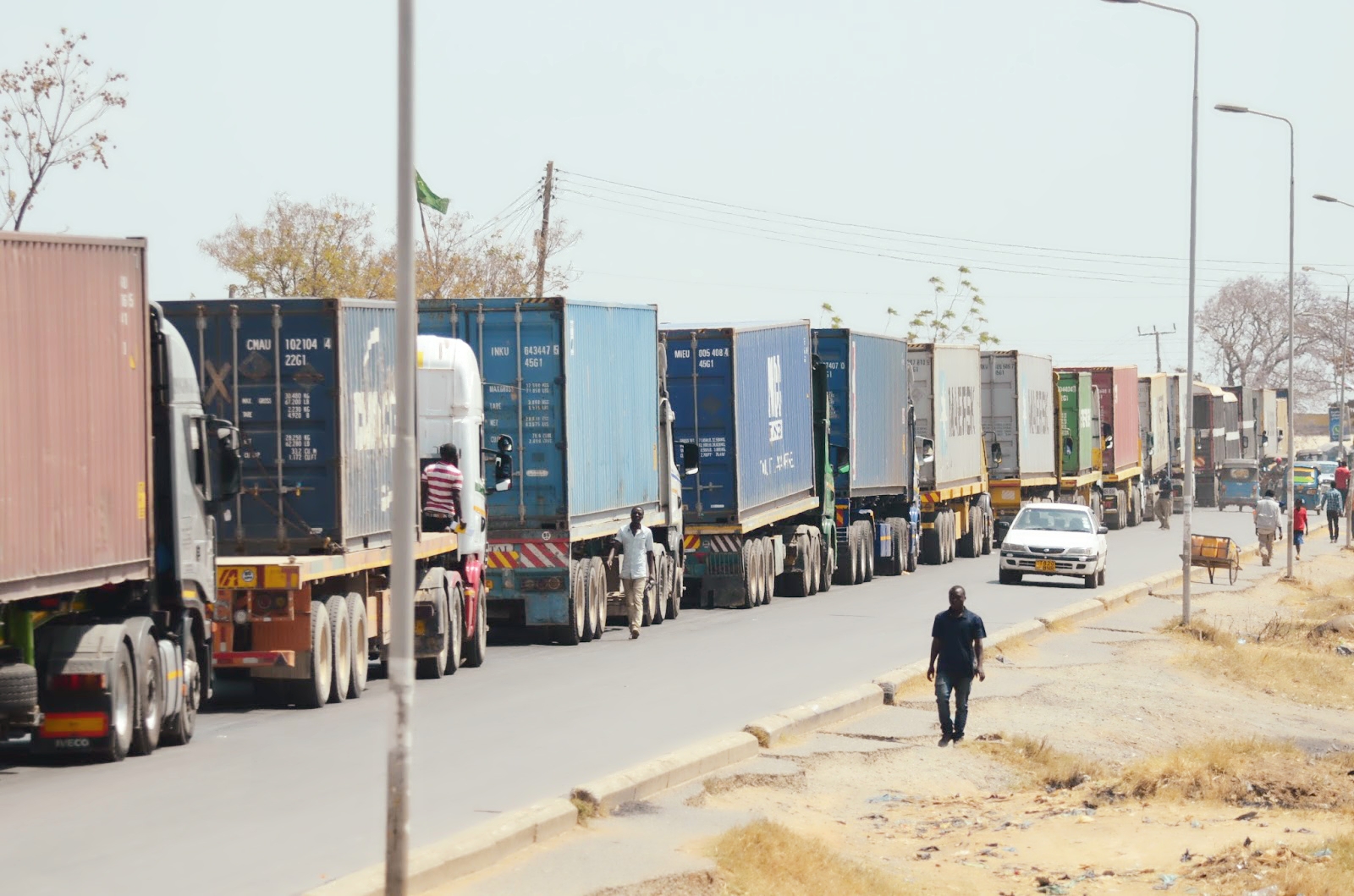Parliament exposes flaws in council development projects

Local Authorities Accounts Committee (LAAC) chairperson Halima Mdee present LAAC’s report on the implementation of parliamentary resolutions in Parliament in Dodoma on February 13, 2025. PHOTO | HAMIS MNIHA
What you need to know:
- A parliamentary committee has raised its concerns about the management of development projects by local authorities
Dar es Salaam. Parliament’s Local Authorities Accounts Committee (LAAC) on Thursday raised several concerns about the management of development projects in councils across Tanzania, including Ifakara, Kiteto, and Kibiti.
The committee’s 2023 report highlighted delays in project completion, disputed contractor payments, inadequate monitoring, and poor site selection.
It also pointed to issues with funding flows and a lack of coordination between government institutions during project implementation.
LAAC chairperson Halima Mdee (Special Seats-Chadema) presented the committee’s findings to Parliament in Dodoma.
She noted that on May 30, 2022, Ifakara District Council launched the Sh1.5 billion Ifakara District Hospital project, which was initially scheduled to finish by August 30, 2022.
However, by the time the committee met with the council, the project had only reached 65 percent completion, with Sh342.94 million still required to complete the works.
“The funds have been exhausted, but the buildings are unfinished. The council needs an additional Sh342.94 million to complete the project,” Ms Mdee said.
The committee also revealed that the Tanzania Building Agency (TBA) was contracted to build an administrative block for the council under two separate contracts worth Sh11.977 billion.
By the time of the audit, TBA had received Sh4.716 billion, yet only 47 percent of the work had been completed.
“Despite receiving 64 percent of the total cost, the contractor had only completed 47 percent of the work. The contractor was overpaid by Sh189.585 million, of which only Sh63.195 million has been refunded, leaving Sh126.39 million unrefunded,” Ms Mdee said.
She also noted that the contractor had abandoned the site, leaving Sh774.144 million unaccounted for.
Turning to Kibiti District Council, Ms Mdee reported that Suma JKT was contracted to construct an administration block worth Sh5.359 billion, under the supervision of Aru Built Environment Consulting Company Ltd (ABECC) from Ardhi University.
The project, originally due for completion by April 10, 2019, is now 82 percent complete, with Sh4.011 billion spent, representing 75 percent of the allocated funds.
After completing the first phase, the contractor requested a change in payment procedures from certificate-based to milestone-based payments, which allowed the council to purchase materials and pay technical charges. This change was approved despite breaching procedural guidelines, and the council paid Sh389.197 million from the Treasury.
“The contractor has also been absent from the site for extended periods,” Ms Mdee added.
At Kiteto District Council, Sh4.507 billion was disbursed for an administration block project, with Sh4.346 billion going to the contractor and Sh161.45 million to the consultant.
However, Ms Mdee revealed that the contractor was paid 100.11 percent of the contract value despite the project being only 90 percent complete.
Sh184.828 million was paid to the contractor without proof of completed work, breaching legal regulations.
The contractor has not refunded Sh223.25 million in advance payments, even though the guarantee expired on 7 February 2018.
Regarding the Sh3.3 billion administration block project at Kakonko District Council, Ms Mdee noted that an advance payment of Sh237.429 million has not been refunded.
The final certificate issued by TBA on 24 May 2022 indicated that only Sh561.385 million worth of work had been completed, despite the council already paying Sh798.82 million.
The stalled Sh28.865 billion Moshi International Bus Terminal (Ngangamfumuni) project was another major concern with Ms Mdee disclosing that work had ceased on May 14, 2022, after Sh8.305 billion was spent—29 percent of the allocated funds.
By the time of the audit, the project was only 30 percent complete, with the suspension leading to an additional cost of Sh565.099 million.
In response to the findings, Ms Mdee presented several recommendations, calling on the government to ensure that project funds are disbursed according to Parliament-approved amounts and within contract timelines.
She also urged the government to re-provide project funds returned to the Treasury in line with laws and regulations for project completions.
The government should also ensure that, for projects from the 2025/2026 financial year onwards, the disbursement of funds considers the geographical context of the councils, availability of materials, and actual project costs.



